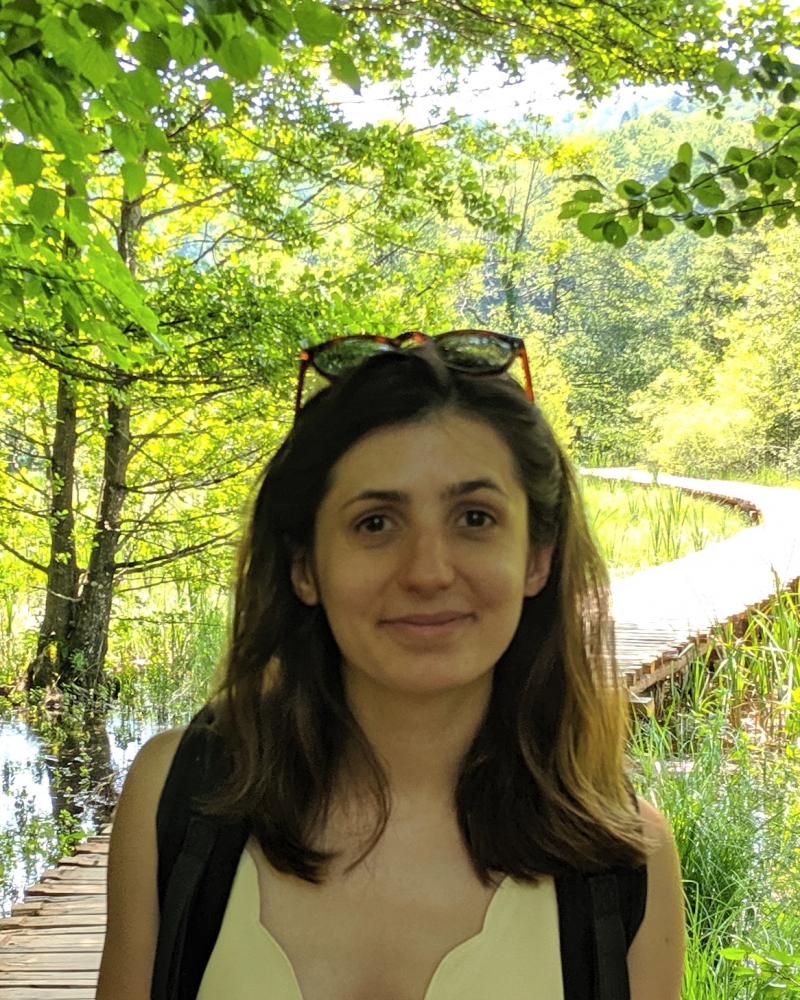Team
Alumni
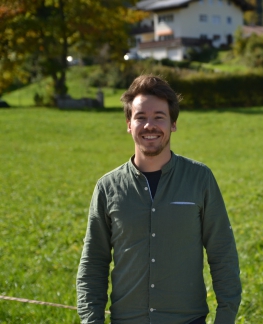
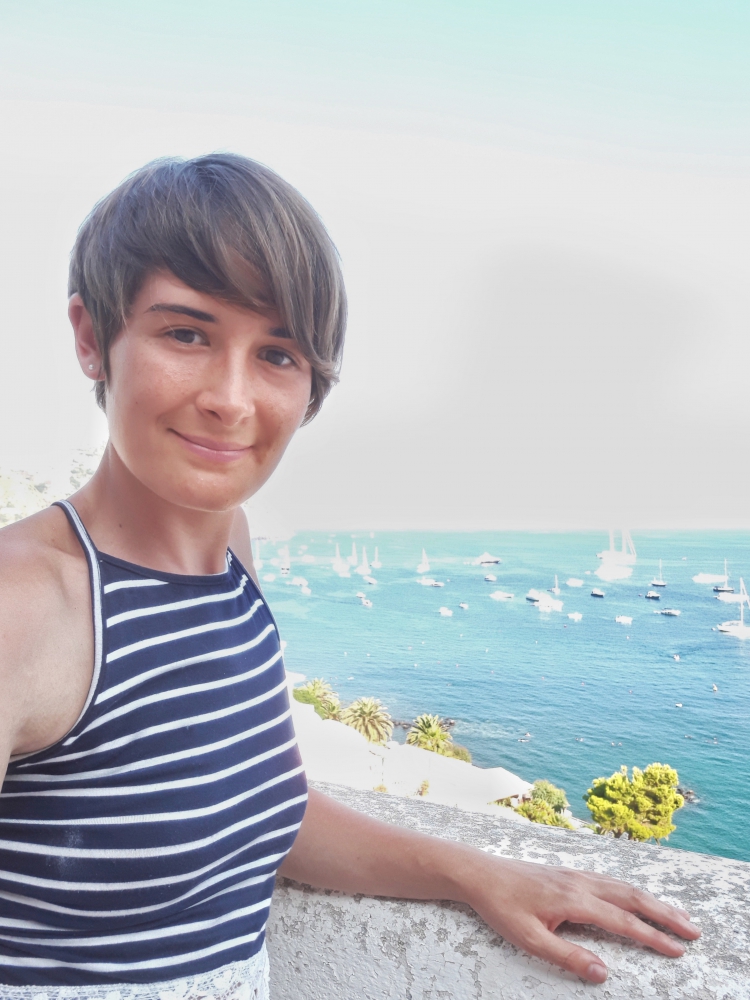
Faculty of Veterinary Medicine - Ludwig-Maximilians-University (LMU) Munich


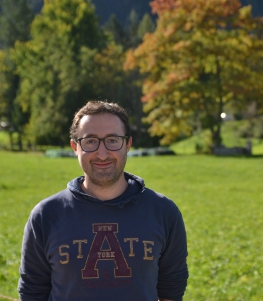
Research Technician
Postdoctoral Researcher
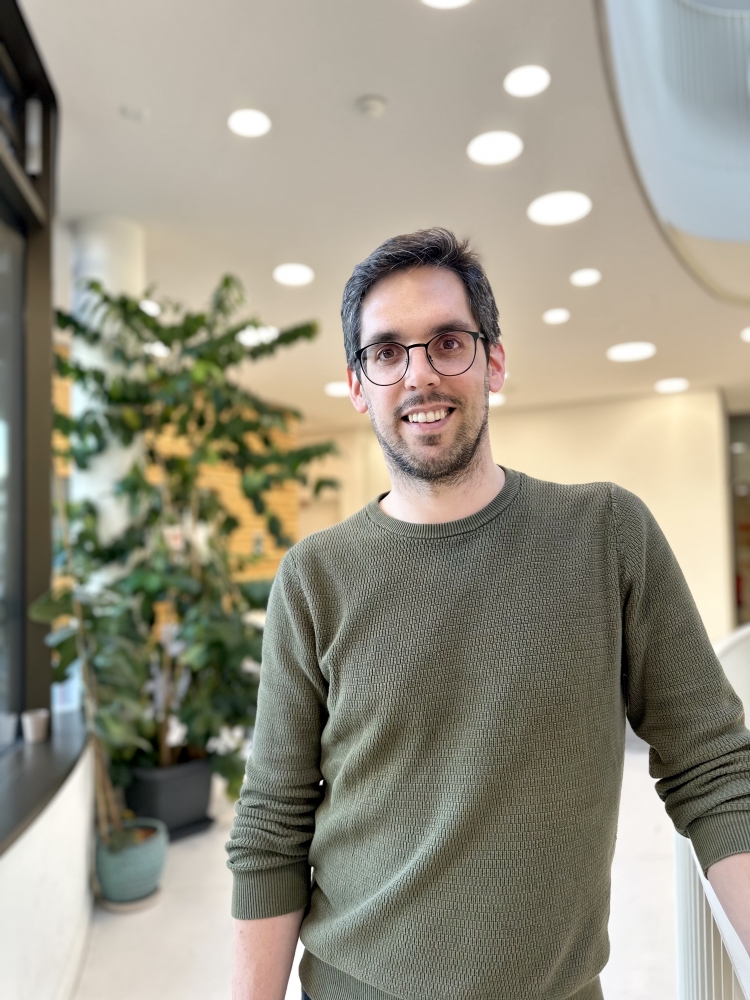
Colorectal cancer research: inflammation in oncogene-induced intestinal tumourigenesis
I did my Bachelor’s degree in Biology (2010) and my Master’s study in Molecular Cell and Developmental Biology (2011) at the Leopold-Franzens-University (LFU) of Innsbruck (Austria). During my Master’s, I went for a free-mover semester and research stay at the Swiss Federal Institute of Technology (ETH) Zurich (Switzerland). After I completed my Master’s degree, I started a PhD at the Medical University of Innsbruck (MUI) and continued my PhD in 2013 at the University of Cambridge (Fitzwilliam College; United Kingdom) in the lab of Prof. Arthur Kaser, where I graduated in 2016 as PhD in Medicine. After graduation, I accepted the kind offer of Prof. Saur to join his lab as a postdoctoral research fellow at the Technical University of Munich (TUM, Klinikum rechts der Isar). Since January 2019 I occupy the position of a Junior Group Leader in the lab of Prof. Saur.
PhD graduate students
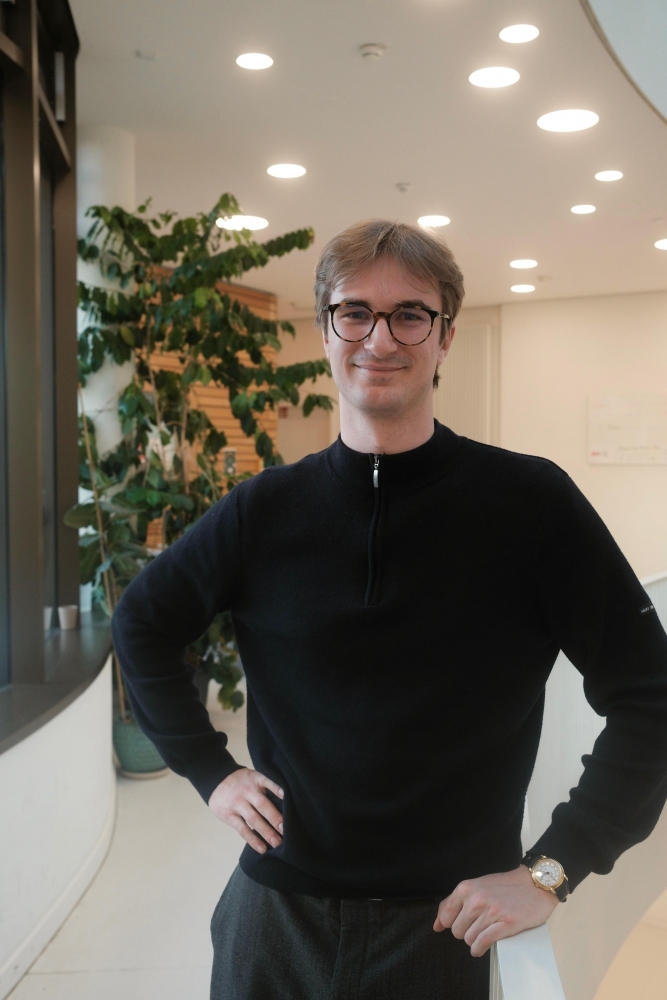
Deciphering cell-cell communication networks in the PDAC tumor microenviroment
I obtained my Bachelor's degree from the University of Kiel, where I evaluated the efficacy of novel antibody-drug conjugates in pancreatic cancer (PDAC). Following this, I pursued the Master of Multidisciplinary Sciences in Experimental Sciences offered by the Barcelona Institute for Science and Technology. During this program, I investigated early-induced microenvironment remodeling factors in PDAC as part of a joint research project between the Institute for Research in Biomedicine in Barcelona and the Barcelona Supercomputing Centre.
In September 2024, I joined the Saur Lab as a PhD candidate. My research focuses on deciphering cell-cell communication networks in PDAC, exploring tumor heterogeneity, treatment resistance, and immune cell interactions using single-cell and spatial technologies.



